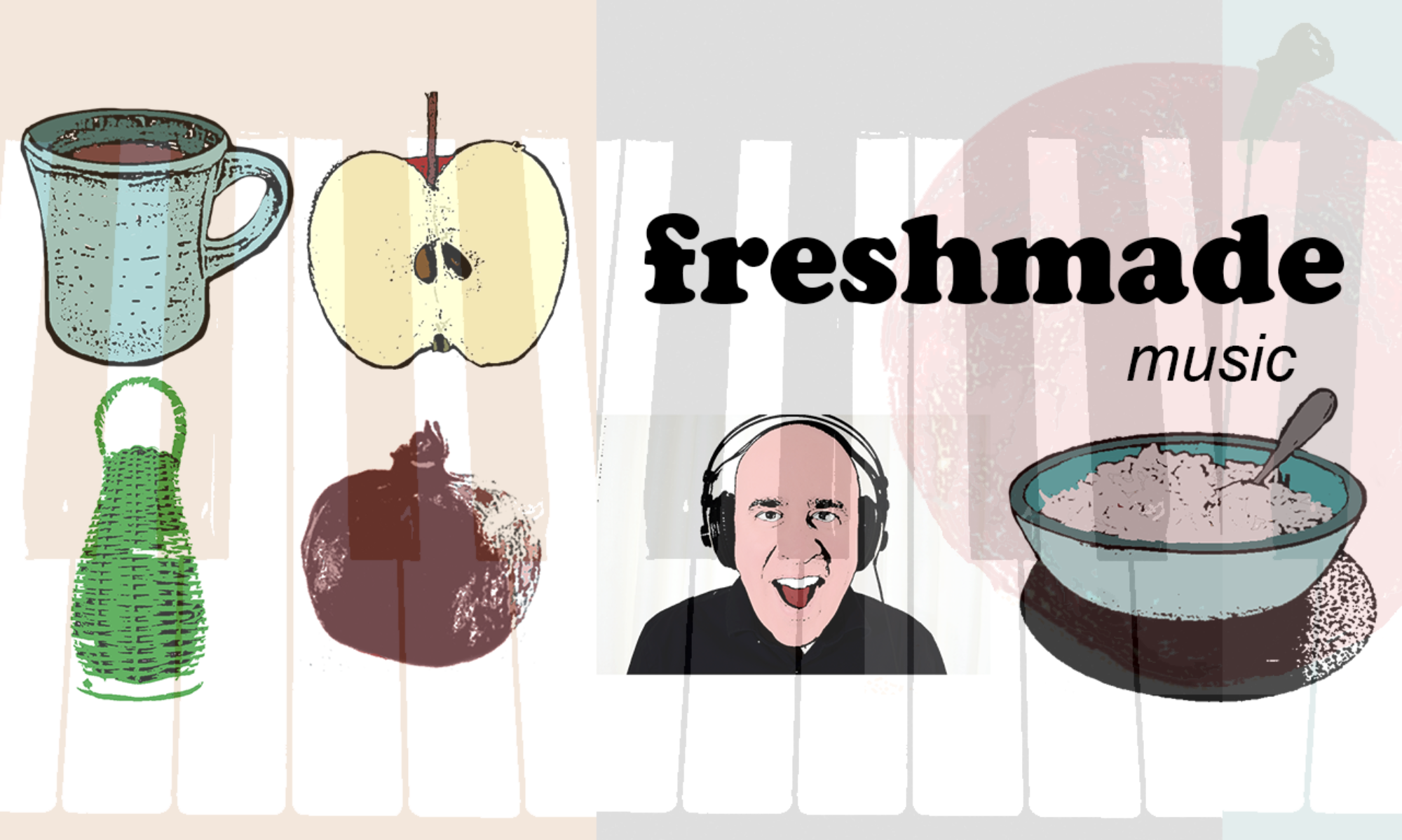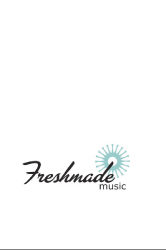Deadlines: Inspiration or Impediment?
As a creative professional, I rely on deadlines as motivation and inspiration. Sometimes they can be a bright shimmer of heavenly light, beaming angelically from the end of the day Friday. Other times, they are a hot, scary, stress-inducing firebrand, pushing you to sprint, not walk; a motivational kick in the… pants! Either way, since deadlines are inevitable, I’ve come to see them as a tool.
“I am one of those people who thrive on deadlines, nothing brings on inspiration more readily than desperation.” – Harry Shearer
 Some Context
Some Context
I’m a composer for TV, video games and cartoons. I generally deliver a finished music file that gets placed immediately into project. If it’s a TV show, it may be broadcast the day after I deliver my file. If it’s a video game, it will immediately get implemented into the game, and entered into an extensive testing process. In both of these cases, my deadlines matter – someone is waiting for me to finish my part, so the project can move forward to next step. There is both carrot and stick associated to this; I often get paid at deadline milestones, but I’m also generally concerned (afraid?) about my deadline, as I don’t want to be the source of a bottleneck.
Five Tips to Deadline Zen
I’ve put together a handful of tips that I use to keep my work on schedule. While you may not find any of these exactly revolutionary, I find it helpful to be reminded of these ideas from time to time.
1) Break down the large project into little bits. Take one first step. Make sure you understand the big picture. If you’ve had a conversation with your client or collaborator, and you know where you’re going, then you’re ready to break the work into a smaller piece, and get cracking.
“A journey of a thousand miles begins with a single step.” – Lao Tzu
2) Make sure you’re organized. When you’re working quickly, you can’t take time to fix your process. If you find this to be an issue, take time to work through this in the future when you don’t have a deadline.
I notice when I work really fast, I can be very creative, but I have a higher likelihood of letting small details slide, and a higher likelihood of being paranoid about whether that small details might slide! If you’re organized, these small details can have a better chance of falling into place.
“The thing that would most improve my life is 27 hours in a day. I could meet all my deadlines.” – Yoko Ono
3) Choose the right people to work with. Beware of the “Toxic Collaborator”! There are folks who think they only thrive on tight deadlines, those who never meet deadlines and those who just unfortunately aren’t very organized. There is a high likelihood that you might come across these people as colleagues, team members or clients, and sometimes you just don’t have a choice. (It’s possible that you are one of these people. It’s OK! You’re working on that, right?) It’s best to know the situation up front, so you can be prepared. It may be helpful to plan ahead by putting some extra organizational tools into place or setting some internal deadlines that occur prior to the client deliverable. Sometimes these folks are very creative, and you really don’t want to stifle that creativity, but you do need to effectively manage the project so that everything happens when it needs to.
4) Know what you’re getting into. “Is it always like this?” I like to put my deadlines into perspective. There are whole industries that have built-in, always crazy, run-around-like-a-chicken-with-your-head-cut-off deadlines like nightly TV shows, technology products and the stock market. Handling these sorts of deadlines is often the whole point of the job. If you can thrive under this sort of pressure, that’s awesome – just make sure you know what you’re getting into.
5) Plan ahead. I love being involved in planning meetings at the beginning of a project, when creative, administrative and scheduling expectations are set out. This can be a great opportunity to have some input into what’s possible in regards to timing. This is the time to get the deadlines right. I prefer building in small milestones, so my clients are incrementally checking my work as we go, instead of one big reveal at the end. For instance, it can often be better to devise four small deadlines (and perhaps incremental payments associated to that) rather than one big deadline.
“I love deadlines. I like the whooshing sound they make as they fly by.”
– Douglas Adams
If any of these tips are interesting to you, try implementing them one at a time, if you’re aren’t already working this way. As you get back to work, I hope you’re able to reach maximum deadline Zen!
Do you have any experiences or other tips that you’d like to share about deadlines? I’d love to hear from you at info@freshmademusic.com.
Jerome Rossen is a composer, songwriter and professional musician. He is best known as the composer for the Happy Tree Friends. Since 2005, Jerome has scored the music for this animated Internet sensation, recognized as the most-viewed web series of all time, with over 2 billion video views. He has delivered his music on or ahead of his deadlines for the last 15 years. You can learn more about him at www.freshmademusic.com.

